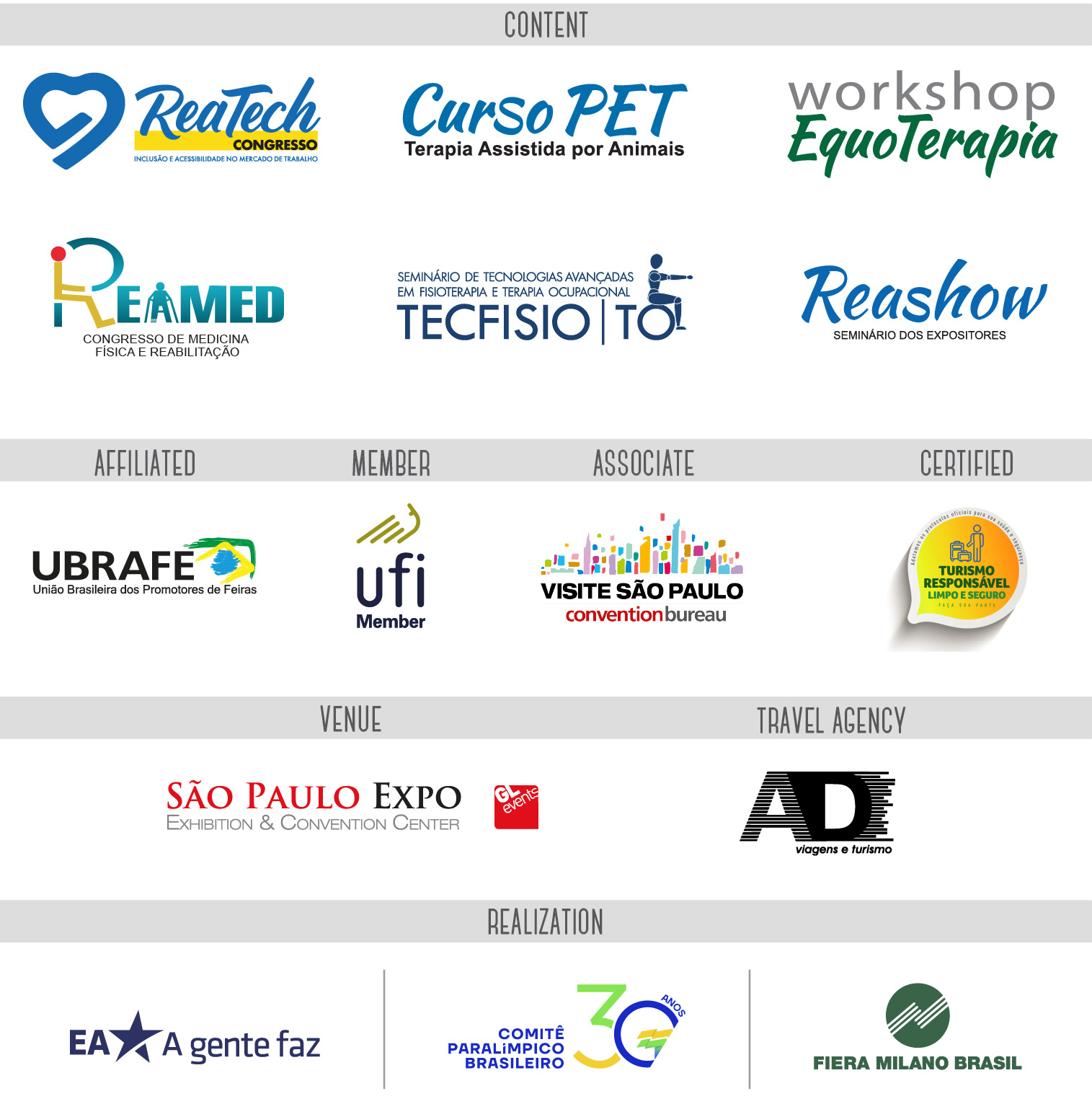Concept House will show accessibility solutions at Reatech
Mounted at the Booth of the Direct Borrachas, this unit will give visitors the opportunity to know the difficulties of those with reduced mobility
São Paulo, June 2019 – How is a person with limited mobility or visually impaired about a house prepared to receive it? This is the proposal of the “House Concept Affordable Architecture” designed to promote awareness of the relevance of accessibility in spaces and raise awareness of the importance of specific equipment installed in places where they will circulate.
The Concept House will be assembled inside the Booth of the Direct Borrachas and will be available for visit during the Reatech – International Fair of Technologies in Rehabilitation, Inclusion and Accessibility, that will happen in the São Paulo Expo, during the days 13 and 16 of June, and will work with guided tours to each environment, where they will have specialized professionals explaining the solutions.
The purpose of the project is to show not only the importance of spaces designed and built already incorporating accessibility issues, but also that an accessible home is a space for all. “For every barrier found, there is the possibility of arranging accessibility solutions, either with products or services,” says Jéssica Jacqueline, director of Direct Borrachas, the project’s director.
The idea of creating this space was by accessibility architect Gabriella Zubelli. “Architecture must serve all kinds of people, respecting their differences. An affordable home is not only for people with disabilities, but a space that welcomes everyone, and all ages, “says Gabriella.
Different atmospheres
The house consists of six rooms, hall, living room, kitchen, bedroom, bathroom and balcony, which aims to show some barriers and obstacles encountered in the day to day of people with disabilities and reduced mobility; their respective adaptations; in addition to bringing in a conceptual way ways to design and implement accessibility solutions, based on current legislation and accessibility standards.
The visitor will also have the opportunity to experience spaces in an inclusive and sensorial way. With blindfold or in a wheelchair the person will be guided by the house, having the experience of feeling the difficulties encountered by those who have some type of disability.
The proposal, according to Jessica, is to bring solutions of accessibility, assistive technology and also demonstrate some difficulties encountered daily by people with disabilities, reduced mobility and elderly. “Another proposal of the House is to sensitize visitors to the theme of accessibility and inclusion. For this purpose, wheelchairs, blindfolds and walkers will be available so visitors can experience the house in a different way and, with the feeling of empathy, promote a change of look, “he says.
Autonomy for the visually impaired
Reinforcing the objective of offering autonomy to people with reduced mobility, the Concept House will have Orcam MyEye, a device developed by Mais Autonomia – Assisted Technology, to offer access to those who have visual impairment with more autonomy to what is around them.
Doron Sadka, director of Mais Autonomia, explains that the system does not return vision, but works as an aid to these people. “It’s an artificial insight and intelligence device that allows easy, intuitive, instant access to the information available in real time and works completely offline,” says Sadka. “It is light and discreet and should be attached to the rods of an ordinary eyeglass.”
Installed in a glasses frame, Orcam MyEye is able to read texts in the Portuguese, English and Spanish languages by automatic printed or digital detection, such as books, magazines, newspapers, street signs, computer screens and cell phones at speeds ranging from 100 at 250 words per minute, but it goes further, according to Sadka. “The system is programmed to recognize, the faces of people informing the genre of them and can even name them, objects, bar codes, colors and currency notes, real, dollar and euro by automatic and instantaneous detection, besides informing the date and the hour in a simple turn of the handle. For example, you can tell what’s inside the refrigerator in a medicine box, or on a supermarket shelf, “explains the executive.
Service:
16th Reatech 2019
Date: June 13 and 14 – 1:00 p.m. to 8:00 p.m.
15th and 16th of June – 10am to 7pm
Location: Sao Paulo Expo Exhibition & Convention Center
https://reatechbrasil.com.br/16/
About Cipa Fiera Milano
Cipa Fiera Milano, a Brazilian branch of Fiera Milano, one of the biggest fairs and congresses in the world attracting approximately 30 thousand exhibitors and more than five million visitors each year, became the majority shareholder of Cipa do Brasil in 2011, giving rise to Cipa Fiera Milano. In Brazil, nine fairs are held that represent the most diverse segments of the economy, such as security, clean and sustainable energies, pipes and fittings, cables and wires, occupational health, surface treatment, frames, rehabilitation technologies, inclusion and accessibility, among others. Among the main brands in the portfolio are Exposec, Fisp, Fesqua, Ebrats, Ecoenergy and Reatech.
Press Information:
2PRÓ Communication
Email staff: fieramilano@2pro.com.br
Teresa Silva – (11) 3030-9463
Renê Gardim – (11) 3030-9422
Fádia Calandrini – (11) 3030-9402
Guilherme Kamio – (11) 3030-9403
Myrian Vallone – (11) 3030-9404
www.2pro.com.br


